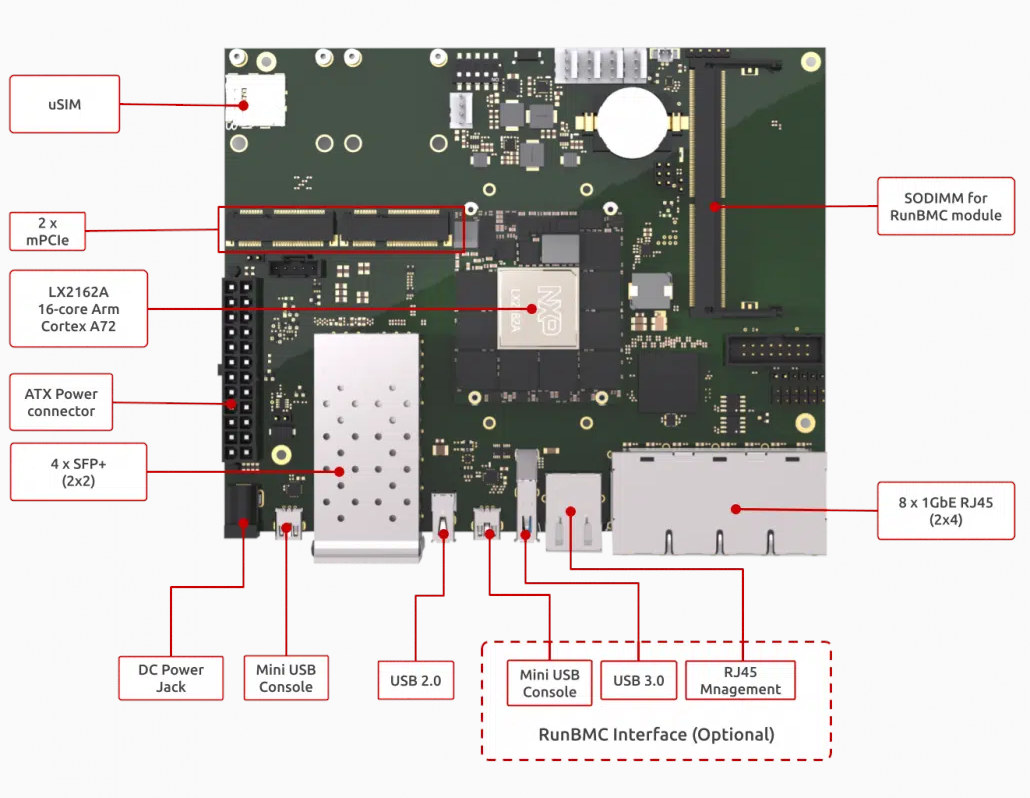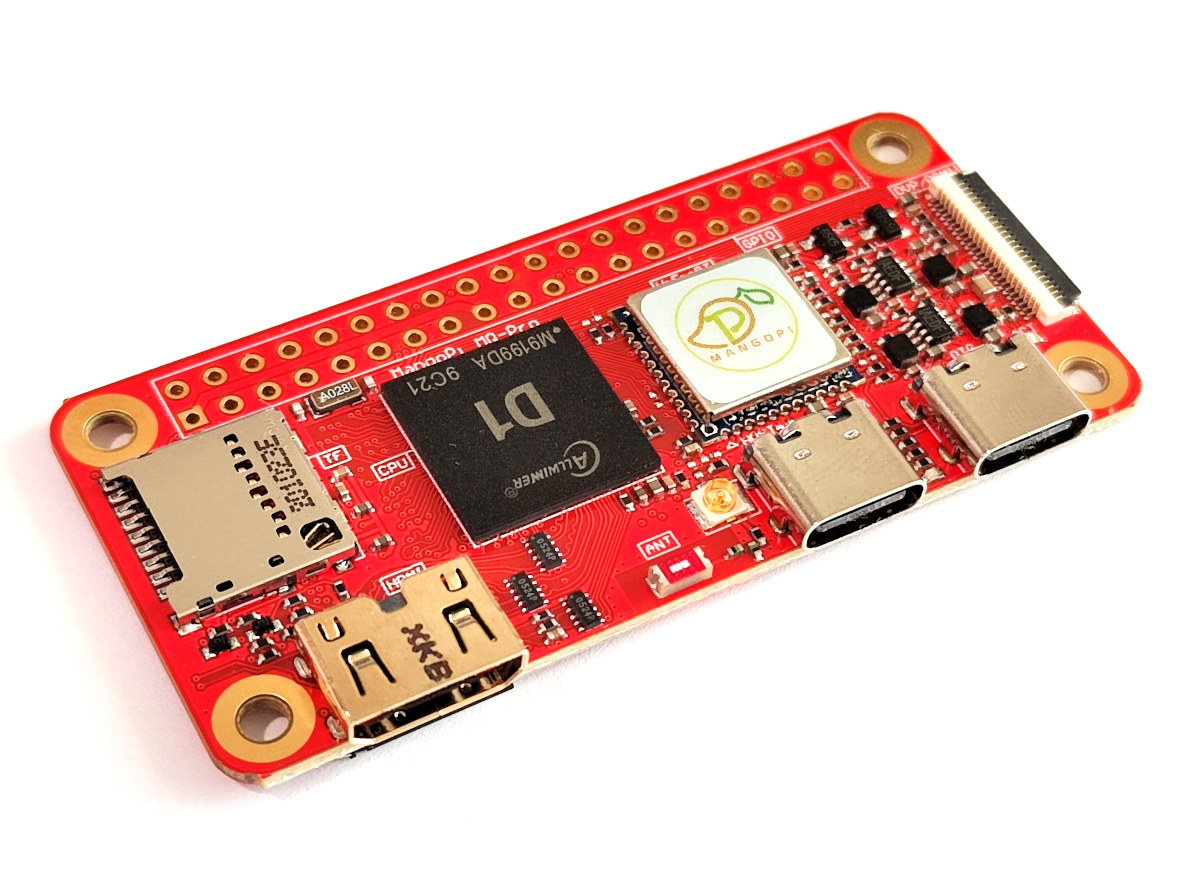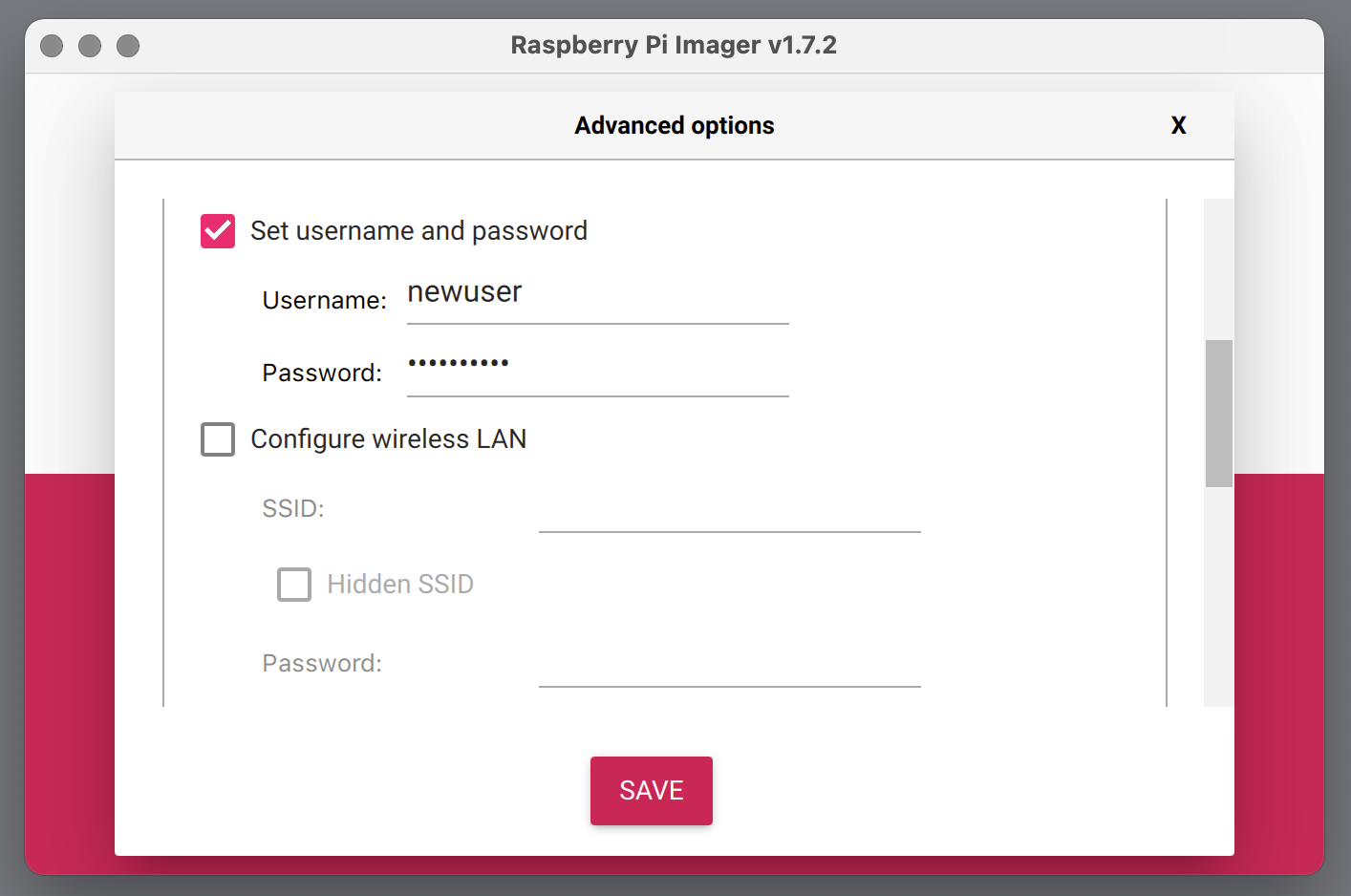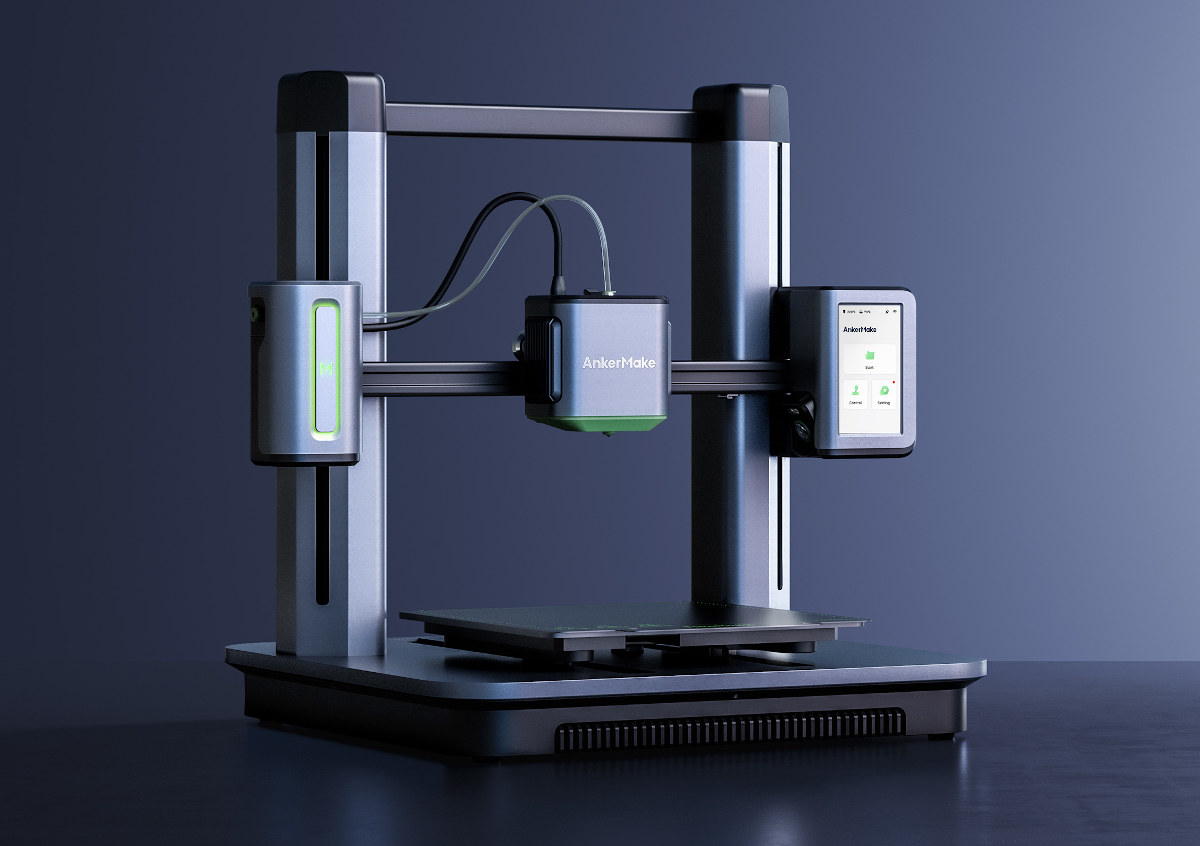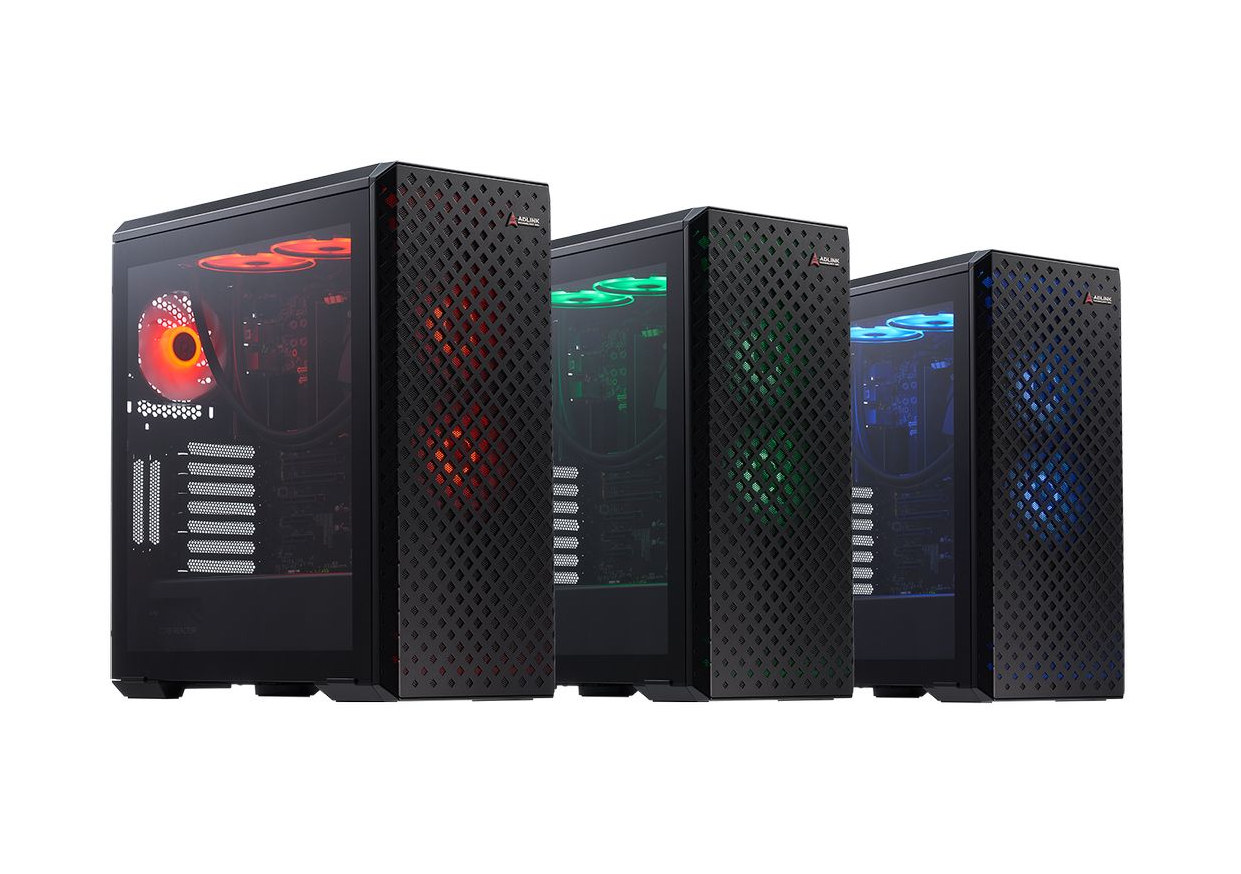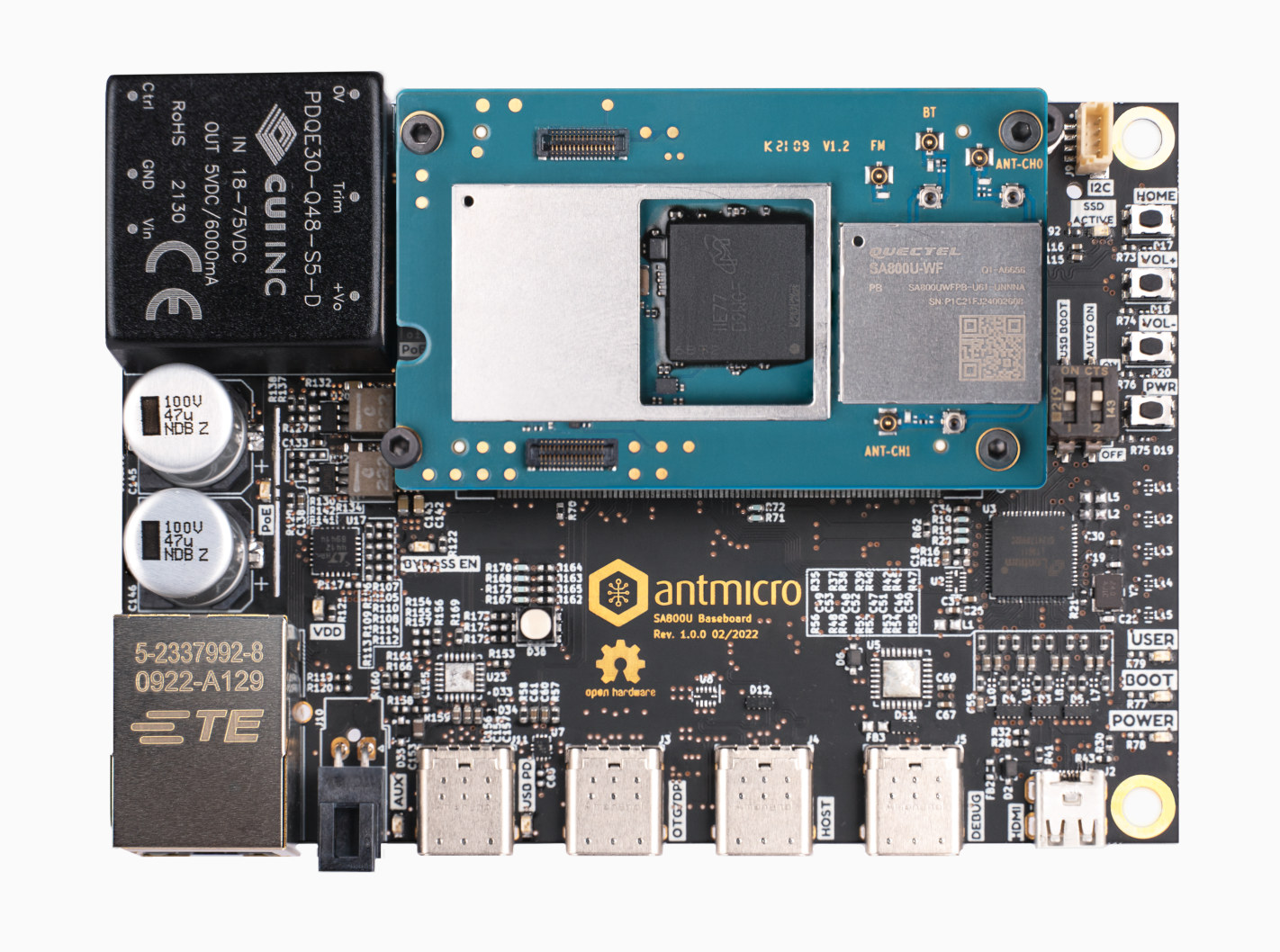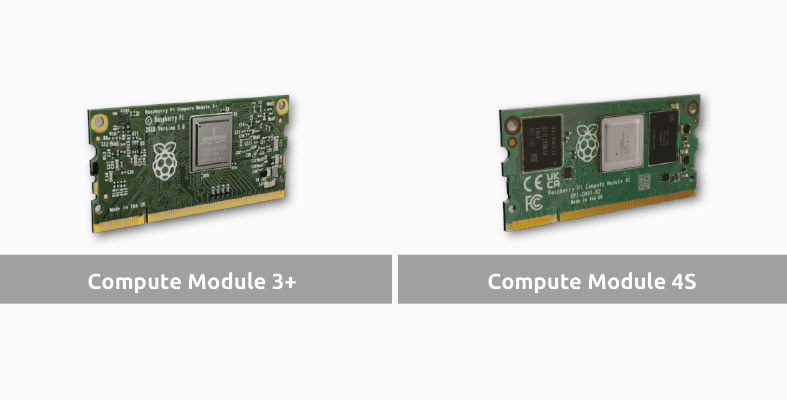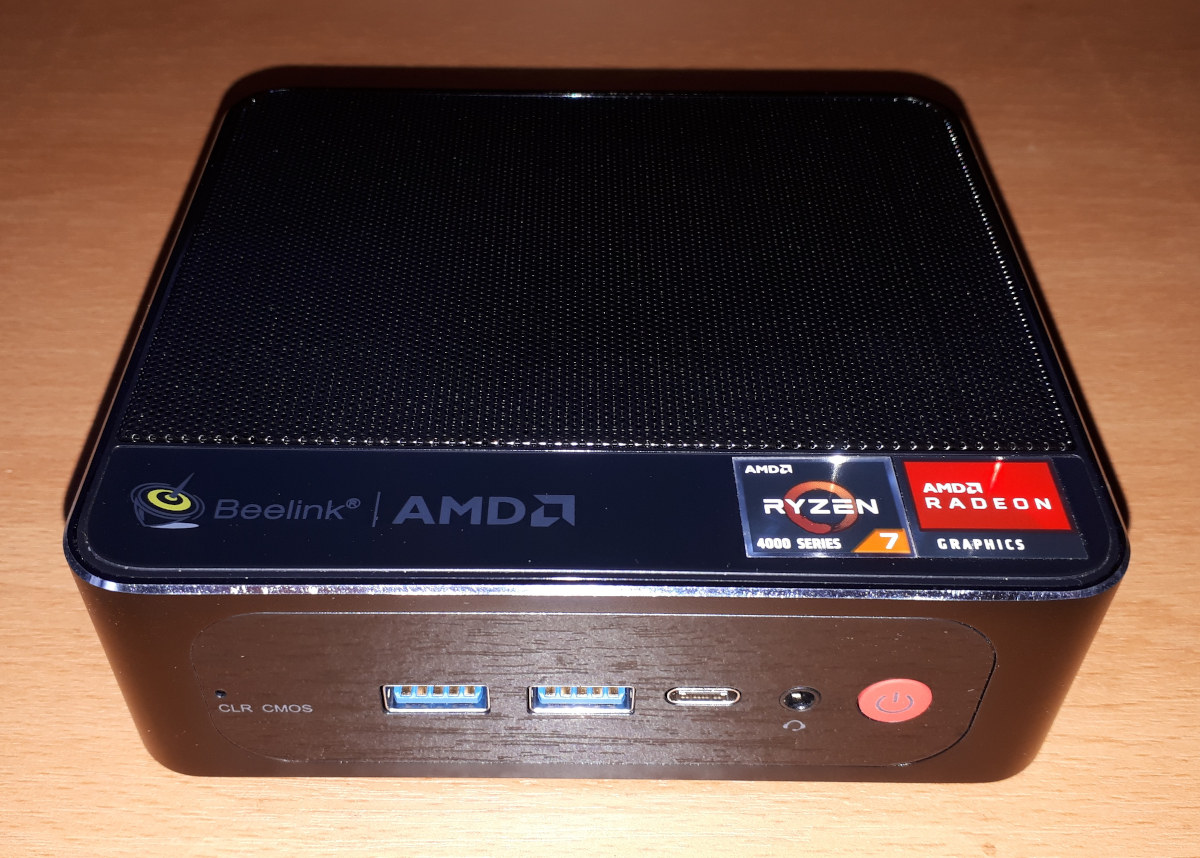SolidRun has launched the LX2-Lite SOM based on NXP Layerscape LX2-Lite SoC with up to 16 Arm Cortex-A72 cores, together with ClearFog LX2-Lite development platform equipped with two SFP28 cages up to 25Gbps each, two SFP+ cage up to 10Gbps each, and eight Gigabit Ethernet RJ45 ports for networking applications. With a footprint measuring just 58 x 48mm, or about 25% the size of a standard COM Express 7 module, the company claims the LX2-Lite Mini SOM, based on LX2162A, is the smallest 16-core SOM platform in the world, and the module and development board target high-performance SD-WAN, network security, and industrial control solutions. SolidRun LX2-Lite SOM Specifications: SoC (one of the other) NXP Layerscape LX2082A with 8x Cortex A72 cores @ 2.0 GHz NXP Layerscape LX2122A with 12x Cortex A72 cores @ 2.0 GHz NXP Layerscape LX2162A with 16x Cortex A72 cores @ 2.0 GHz System Memory – Up […]
MangoPi MQ Pro – A $20 RISC-V alternative to Raspberry Pi Zero W
MangoPi MQ Pro is an Allwinner D1 RISC-V SBC that offers an alternative to Raspberry Pi Zero W with the same form factor, and most of the same features including WiFi and Bluetooth connectivity The board has been in the works for several months, but the MangoPi MQ Pro board can now be purchased for around $20 on Taobao with 512MB RAM, and I’d expect it to show up on Aliexpress and/or Seeed Studio within the next few weeks. MangoPi MQ Pro specifications: SoC – Allwinner D1 C906 RISC-V processor @ up to 1GHz with HiFi4 DSP, G2D 2D graphics accelerator System Memory – 512MB or 1GB DDR3L Storage – MicroSD card socket Display – mini HDMI 1.4 port up to 1080p60 or 4Kp30, 20-pin MIPI DSI, CTP, LVDS FPC connector Camera I/F – 24-pin DVP/RGMII connector Audio – Audio out pads Networking 2.4Ghz 802.11b/g/n WiFi 4 and Bluetooth 4.2 […]
Raspberry Pi OS removes default “Pi” username, adds experimental support for Wayland
The Raspberry Pi Foundation has just released a new version of Raspberry Pi OS that removes the default username (pi) for security reasons, adds experimental support for Wayland, and lets people configure their Raspberry Pi with Bluetooth keyboard and mouse. Default username no more The most significant change in the new Raspberry Pi OS is the removal of the default “pi” user as several countries have legislation against default credentials for security reasons. That includes the Product Security and Telecommunications Infrastructure Bill (PSTI) in the UK, and California’s SB-327 IoT devices security law. Those laws mostly target default passwords, but removing a default username can be useful too to prevent force brute attacks. One consequence of removing the default username is that you won’t be able to skip the wizard in both the Desktop and Lite versions of Raspberry Pi OS since a new user needs to be created first. […]
AnkerMake M5 3D printer comes with AI camera, prints at up to 300mm/s (Crowdfunding)
Anker is better known for its charger and power banks, but the company has now entered the 3D printer market with the AnkerMake M5 3D printer which is said to print five times faster and comes with an AI camera for monitoring the prints. Besides the up to 300mm/s printing speed, other highlights of the 3D printer include Google Assistant & Amazon Alexa voice assistant compatibility, and easy assembly that requires 3 steps done in about 15 minutes. AnkerMake M5 3D printer specifications: SoC – Ingenic X2000 tri-core MIPS processor with 2x XBurst cores @ 1.2 GHz plus one XBurst0 core @ 240 MHz running Linux MCU – STM32F407 running Marlin firmware Print volume (L x W x H) – 235 × 235 × 250 mm Standard speed – 250 mm/s Speed range – 50 – 300 mm/s Acceleration speed – 2500 mm/s² X-axis movement – 42 – 40 stepper […]
Arm SystemReady SR-certified Ampere Altra Developer Platform launched for $3,999
ADLINK has just announced the availability of the Arm SystemReady SR-certified Ampere Altra Developer Platform equipped with the company’s COM-HPC Ampere Altra module with 32 to 80 64-bit Arm Neoverse N1 cores, 32GB to 128GB RAM. An adaptation to the earlier AVA Developer Platform expected to sell for $5,450, the Ampere Altra Developer Platform got a price cut to $3,999 at launch for a system with a 32-core processor, and 32GB DDR4. The system targets software developers wanting to build cloud-to-edge applications using standardized Arm hardware. Ampere Altra Developer Platform specifications: SoM – COM-HPC Ampere Altra module with Ampere Altra 32 to 80-core 64-bit Arm Neoverse N1 processor up to 1.7/2.2/2.6 GHz (32/64/80 cores, TPD: 60W to 175W), 32 GB to 128GB DDR4 ECC memory Storage – 128 GB NVMe M.2 SSD Mainboard – COM-HPC Server Base carrier board Video – VGA port Audio – 3.5mm audio jack Networking 1x […]
Antmicro releases open-source hardware Snapdragon 845 baseboard designed with KiCad
Antmicro team has released an open-source hardware baseboard for Quectel SA800U-WF System-on-Module powered by Qualcomm Snapdragon 845 octa-core processor, which they designed with KiCad open-source EDA tool. The baseboard supports NVMe storage and offers Micro HDMI and MIPI DSI video interfaces, Gigabit Ethernet with PoE support, USB 3.1 Type-C interfaces, and other I/Os, plus three separate power inputs. The company expects the design to serve as a starting point for building portable smart assistants, kiosks, VR/AR or smart screens, and more. Antmicro Snapdragon 845 baseboard specifications: Supported system-on-module – Quectel SA800U-WF with: SoC – Qualcomm Snapdragon 845 octa-core Kryo 385 processor (4x Cortex A75 cores + 4x Cortex-A55 cores), Adreno 630 GPU, Hexagon 685 DSP, 4K H.265/H.264 video decoding and encoding System Memory – 4 GB LPDDR4X Storage – 64 GB UFS storage 802.11b/g/n/ac Wi-Fi 5 2×2 MIMO and Bluetooth 5.0 module Board-to-board connector for connection to baseboard Dimensions – […]
Raspberry Pi Compute Module 4S SO-DIMM module is powered by Broadcom BCM2711 SoC
The Raspberry Pi Compute Module 4S is an upcoming system-on-module based on the same Broadcom BCM2711 quad-core Cortex-A72 processor found in Raspberry Pi Compute Module 4, but using the same SO-DIMM connector as found in earlier Raspberry Pi Compute Module boards, instead of the new board-to-board connectors. The Raspberry Pi Compute Module 4S is not launched yet, but we discovered it will be used on Revolution Pi S and SE series DIN-rail industrial computers via a tweet from Jeff Geerling and his post on Raspberry Pi forums. Apart from the faster processor and support for 4K video output, The Raspberry Pi Compute Module 4S is quite similar to the Raspberry Pi Compute Module 3+. Memory bandwidth might be a little better with the LPDDR4 memory too (TBC), but all the rest looks the same. The main advantage of the new Raspberry Pi CM4S module is compatibility with older SO-DIMM carrier […]
Beelink SER4 Review – Windows 11, Ubuntu 20.04, and “overclocking” AMD Ryzen 7 4800U SoC
Beelink has released the SER4 which is the latest in their ‘SER’ mini PC series and it features a Zen 2 AMD mobile processor. Beelink kindly sent one for review and I’ve looked at performance running both Windows and Ubuntu and dabbled with ‘overclocking’. Beelink SER4 Hardware Overview The Beelink SER4 physically consists of a 126 x 113 x 40mm (4.96 x 4.45 x 1.57 inches) square metal case. As an actively cooled mini PC, it uses AMD’s 7 nm Zen 2 Ryzen 7 4800U Renoir processor which is an eight-core 16-thread 1.8 GHz mobile processor boosting to 4.2 GHz with Radeon Graphics. The front panel has an illuminated power button, a 3.5mm headphone jack, a Type-C USB 3.1 port with Alternate Mode, dual USB 3.1 ports, and a reset pin-hole ‘CLR CMOS’. The rear panel includes a gigabit Ethernet port, a USB 3.1 port and a USB 2.0 port, […]


